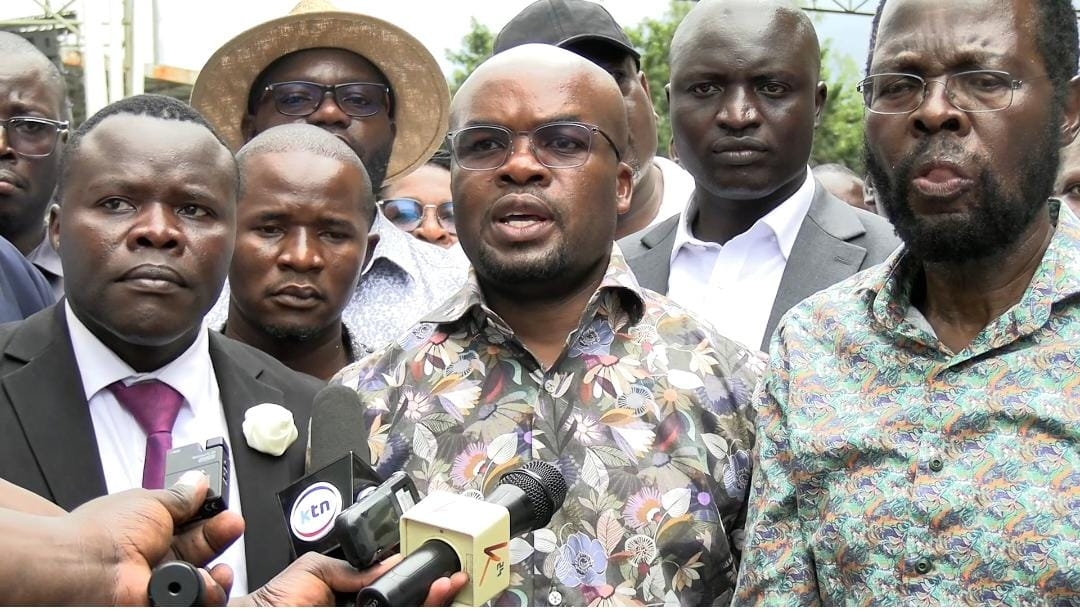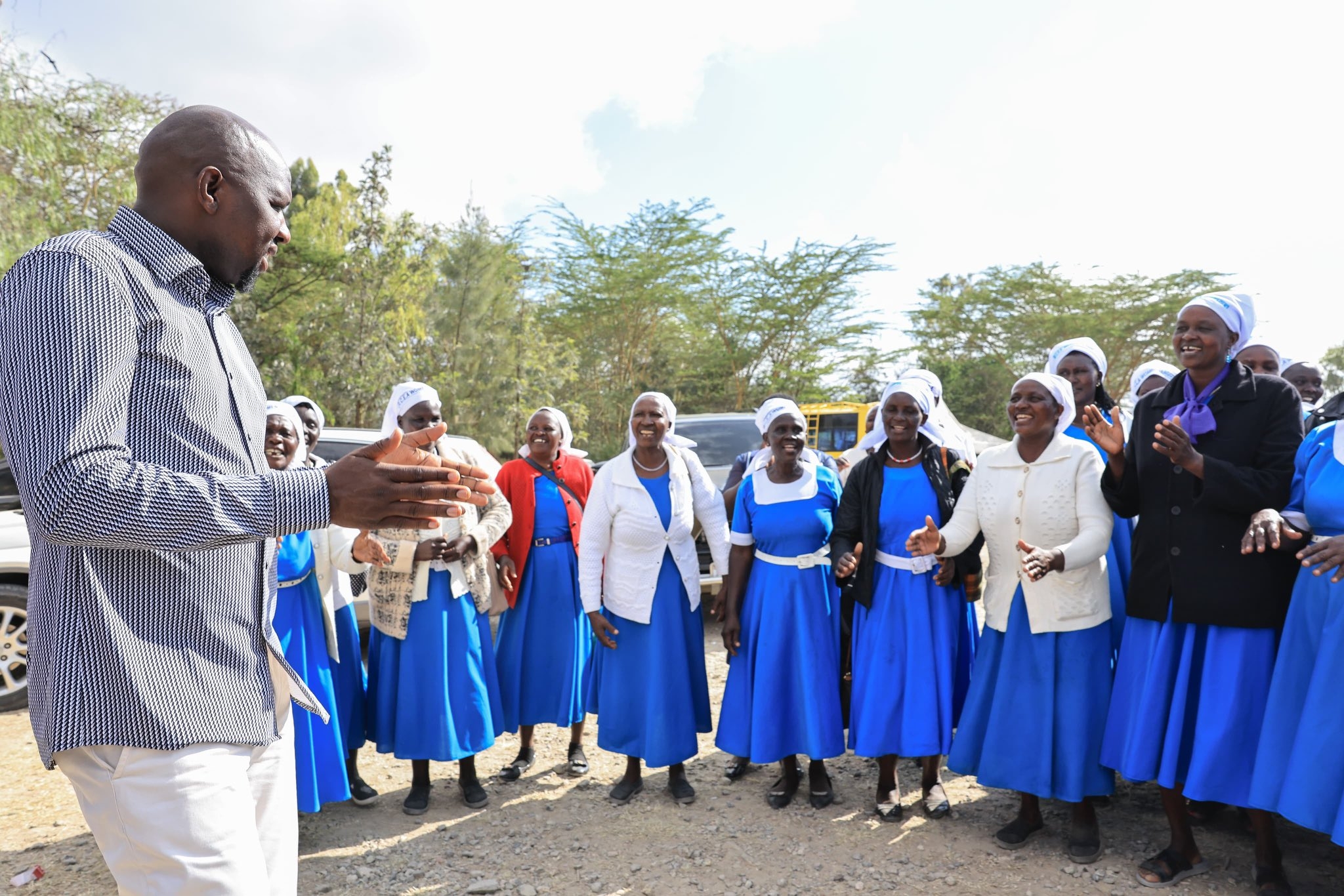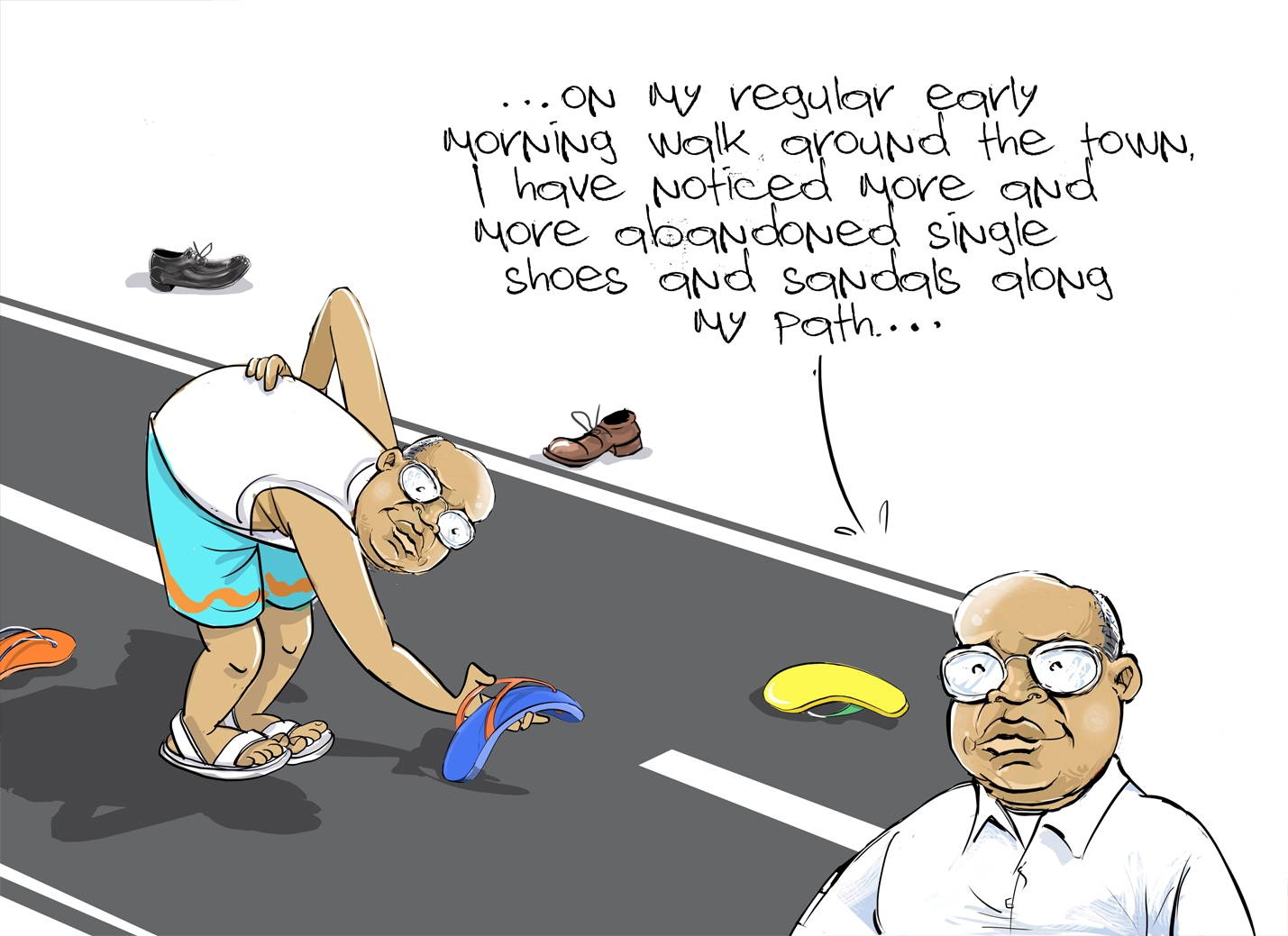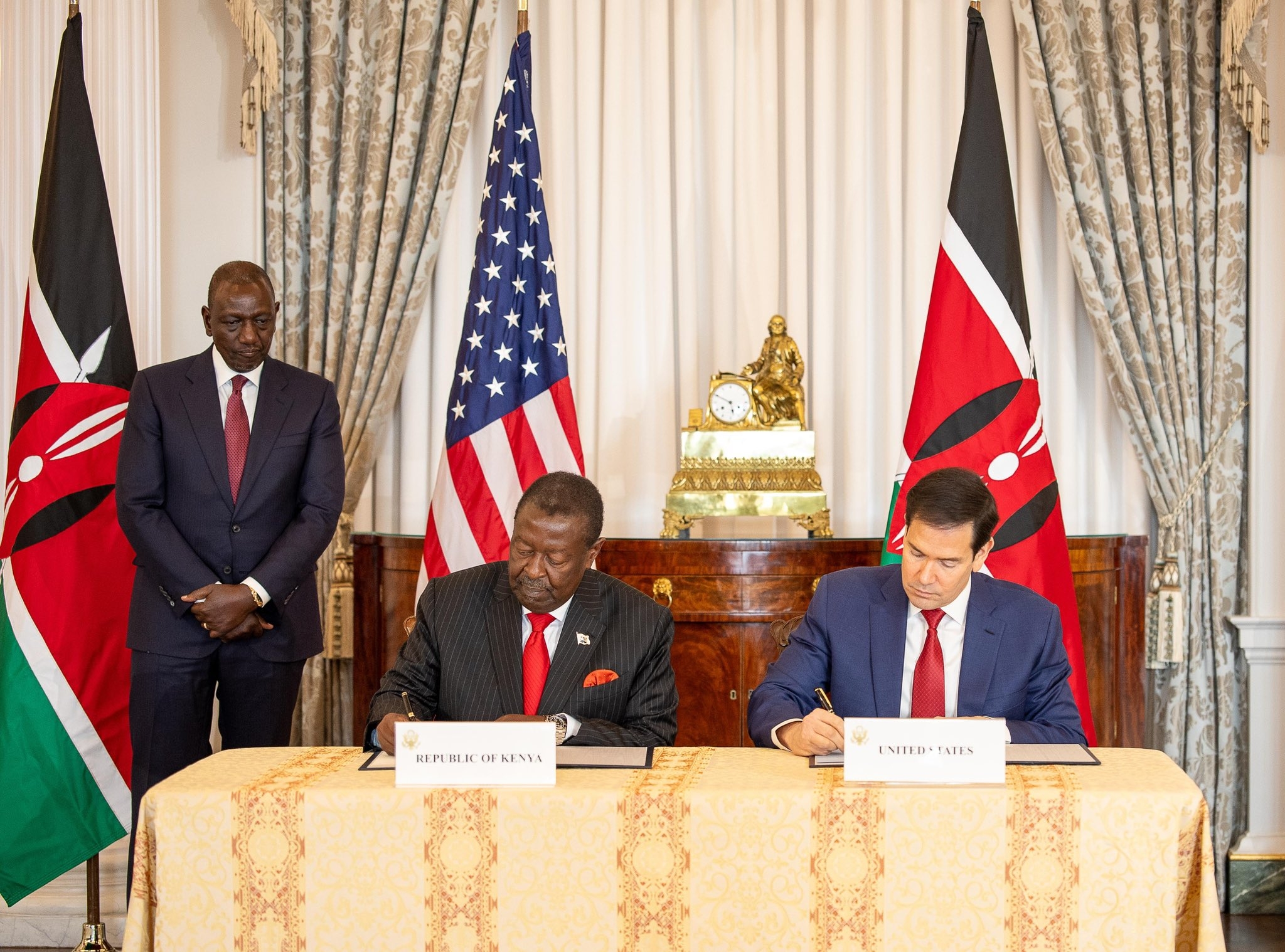

Interior Affairs Principal Secretary Dr. Raymond Omollo has
defended the signing of the Cybercrime (Amendment) Bill into law by President
William Ruto, saying much of the criticism circulating in the public domain is
based on misinformation.
Dr. Omollo said the public has been misled about the
contents and intent of the new law by both mainstream and social media, which
have distorted its provisions.
“Much of what is currently circulating online about the
Computer Misuse and Cybercrimes (Amendment) Act, 2024 is misleading or entirely
inaccurate,” the PS said in a statement.
He added:
“Rather than relying on media summaries or social
media commentaries, citizens are encouraged to read the adopted Bill themselves
to understand what has actually changed.”
Dr. Omollo maintained that the amendments are progressive,
noting that they expand the mandate of the National Computer and Cybercrimes
Coordination Committee (NC4) by empowering it to issue lawful directives
against websites involved in child pornography, human trafficking, or
terrorism.
The PS noted that the new law also seeks to protect the
public from cyber-related harms, including suicide cases linked to online harassment
and digital manipulation.
“Additionally, it introduces new provisions criminalizing
deliberate cyberspace actions that drive victims to suicide, underscoring the
government’s commitment to protecting citizens from emerging digital harms,” he
said.
According to Dr. Omollo, the legislation comes at a crucial
moment as Kenya accelerates the growth of its Digital Economy under the Digital
Superhighway—one of the key pillars of the Bottom-Up Economic Transformation
Agenda (BETA).
“A secure and trustworthy cyberspace is indispensable to
digital innovation, e-commerce, online service delivery, and the protection of
citizens’ data and livelihoods,” he noted in a social media post on Wednesday
morning.
On October 15, 2025, President Ruto assented to nine key
bills, marking major reforms across the governance, economic, and digital
sectors.
Among them were the National Land Commission (Amendment)
Bill, Wildlife Conservation and Management (Amendment) Bill, Land (Amendment)
Bill, Privatization Bill, Computer Misuse and Cybercrimes (Amendment) Bill, Air
Passenger Service Charge (Amendment) Bill, and National Police Service
Commission (Amendment) Bill.
However, former Chief Justice David Maraga criticised the
Cybercrimes amendments, terming them retrogressive and a violation of
constitutional freedoms, including freedom of speech, fair administrative
action, and fair trial.
Maraga argued that the law contradicts Article 33 of the
Constitution, which guarantees freedom of expression, warning that it could be
used to intimidate journalists, bloggers, and online publishers critical of
government policies.
“The Cybercrimes Act, as signed, betrays the spirit of the
Constitution and the values of democracy. Granting the Executive unchecked
power to close websites is not about protecting Kenyans; it’s about silencing
dissent and controlling information,” Maraga said.
He added:
“This is a dangerous precedent. Today it’s about websites;
tomorrow it will be social media accounts and digital newsrooms. We cannot
build a transparent nation by criminalising opinion.”
Under the amended law, the NC4 can now issue directives to
block websites or applications promoting illegal activities, terrorism, child
pornography, or extremist practices.
Section 27 (2) also introduces stiff penalties, including a
fine of up to Sh20 million or 10 years’ imprisonment, or both, for anyone whose
online communication incites violence, causes property damage, or leads to
harm.

















